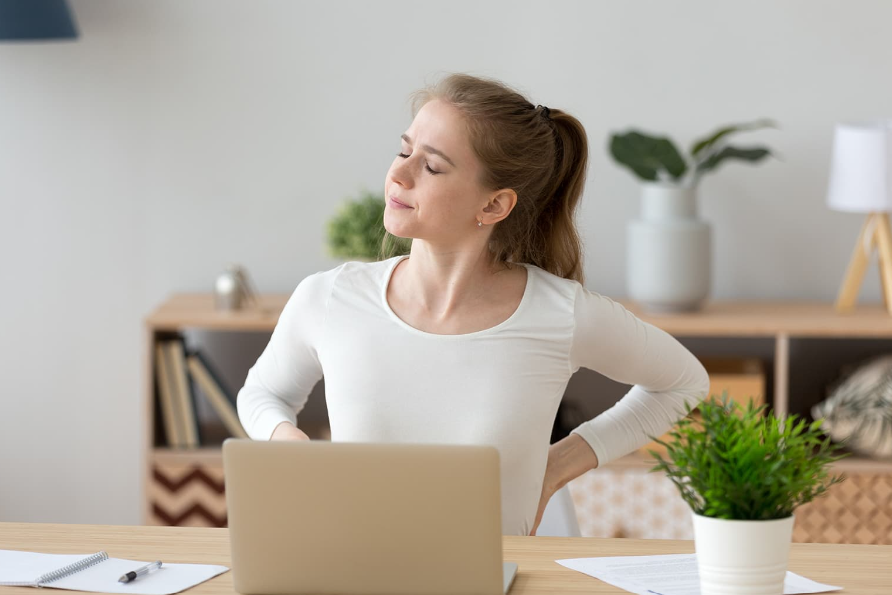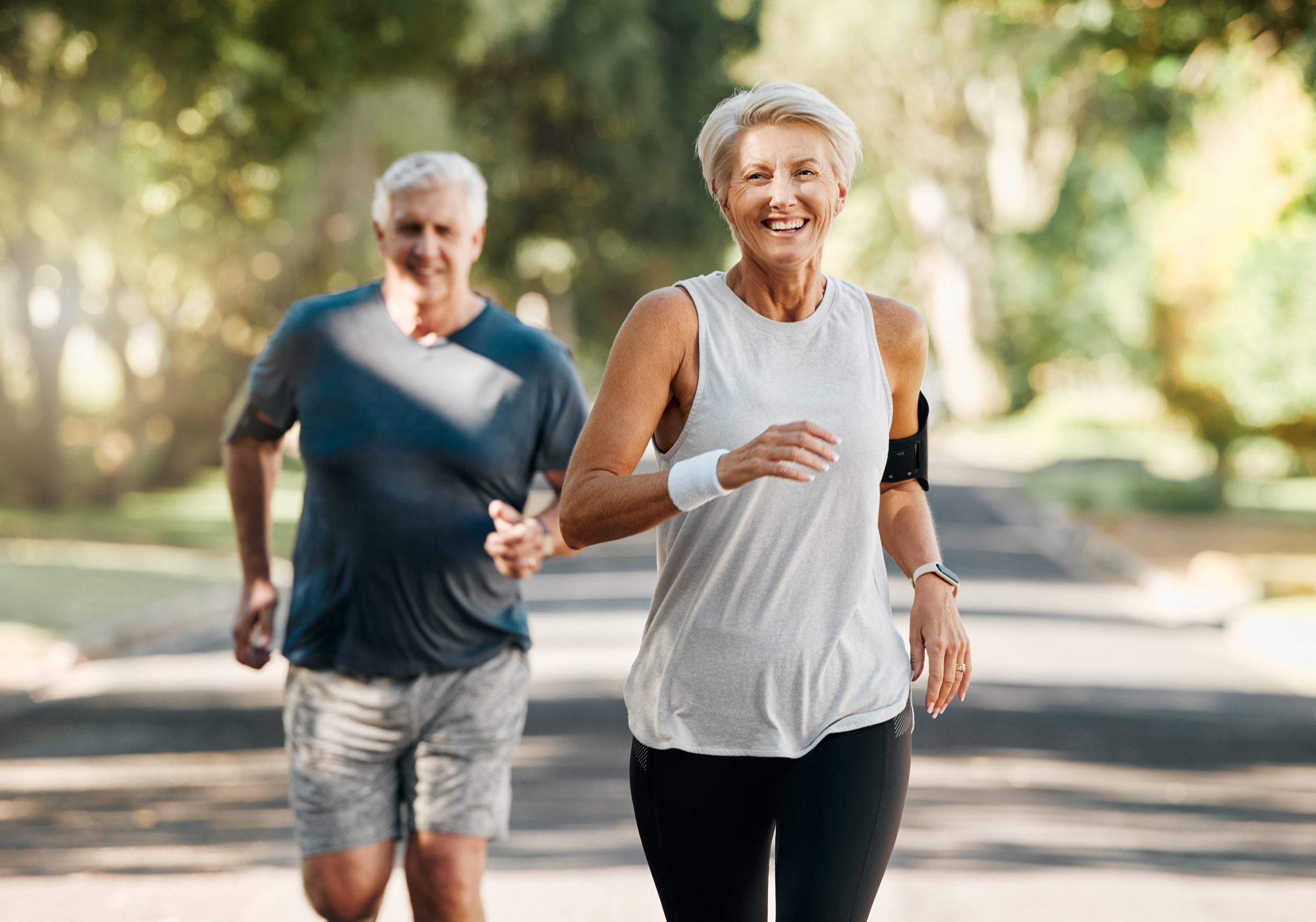
Health Risks of an Inactive Lifestyle
What Is an Inactive Lifestyle?
Being a couch potato. Not exercising. A sedentary or inactive lifestyle. You have probably heard of all of these phrases, and they mean the same thing: a lifestyle with a lot of sitting and lying down, with very little to no exercise.
In the United States and around the world, people are spending more and more time doing sedentary activities. During our leisure time, we are often sitting—while using a computer or other device, watching TV, or playing video games. Many of our jobs have become more sedentary, with long days sitting at a desk. And the way most of us get around involves sitting—in cars, on buses, and on trains.
How Does an Inactive Lifestyle Affect Your Body?
When you have an inactive lifestyle:
- You burn fewer calories, which makes you more likely to gain weight.
- You may lose muscle strength and endurance (because you are not using your muscles as much)
- Your bones may get weaker and lose some mineral content
- Your metabolism may be affected, and your body may have more trouble breaking down fats and sugars
- Your immune system may not work as well
- You may have poorer blood circulation
- Your body may have more inflammation
- You may develop a hormonal imbalance
What Are the Health Risks of an Inactive Lifestyle?
Having an inactive lifestyle can be one of the causes of many chronic diseases. By not getting regular exercise, you raise your risk of:
- Obesity
- Heart diseases, including coronary artery disease and heart attack
- High blood pressure
- High cholesterol
- Stroke
- Metabolic syndrome
- Type 2 diabetes
- Certain cancers, including colon, breast, and uterine cancers
- Osteoporosis and falls
- Increased feelings of depression and anxiety
Having a sedentary lifestyle can also raise your risk of premature death. And the more sedentary you are, the higher your health risks are.
How Can I Get Started with Exercise?
If you have been inactive, you may need to start slowly. You can keep adding more exercise gradually. The more you can do, the better. But try not to feel overwhelmed and do what you can. Getting some exercise is always better than getting none. Eventually, your goal can be to get the recommended amount of exercise for your age and health.
There are many different ways to get exercise; it is important to find the types that are best for you. You can also try to add activity to your life in smaller ways, such as at home and at work.
How Can I Be More Active Around the House?
There are some ways you can be active around your house:
- Housework, gardening, and yard work are all physical work. To increase the intensity, you could try doing them at a more vigorous pace.
- Keep moving while you watch TV. Lift hand weights, do some gentle yoga stretches, or pedal an exercise bike. Instead of using the TV remote, get up and change the channels yourself.
- Work out at home with a workout video (on your TV or on the internet)
- Go for a walk in your neighborhood. It can be more fun if you walk your dog, walk your kids to school, or walk with a friend.
- Stand up when talking on the phone
- Get some exercise equipment for your home. Treadmills and elliptical trainers are great, but not everyone has the money or space for one. Less expensive equipment such as yoga balls, exercise mats, stretch bands, and hand weights can help you get a workout at home too.
How Can I Be More Active at Work?
Most of us sit when we are working, often in front of a computer. In fact, less than 20% of Americans have physically active jobs. It can be challenging to fit physical activity into your busy workday, but here are some tips to help you get moving:
- Get up from your chair and move around at least once an hour
- Stand when you are talking on the phone
- Find out whether your company can get you a stand-up or treadmill desk
- Take the stairs instead of the elevator
- Use your break or part of your lunch hour to walk around the building
- Stand up and walk to a colleague’s office instead of sending an email
- Have “walking” or standing meetings with co-workers instead of sitting in a conference room



